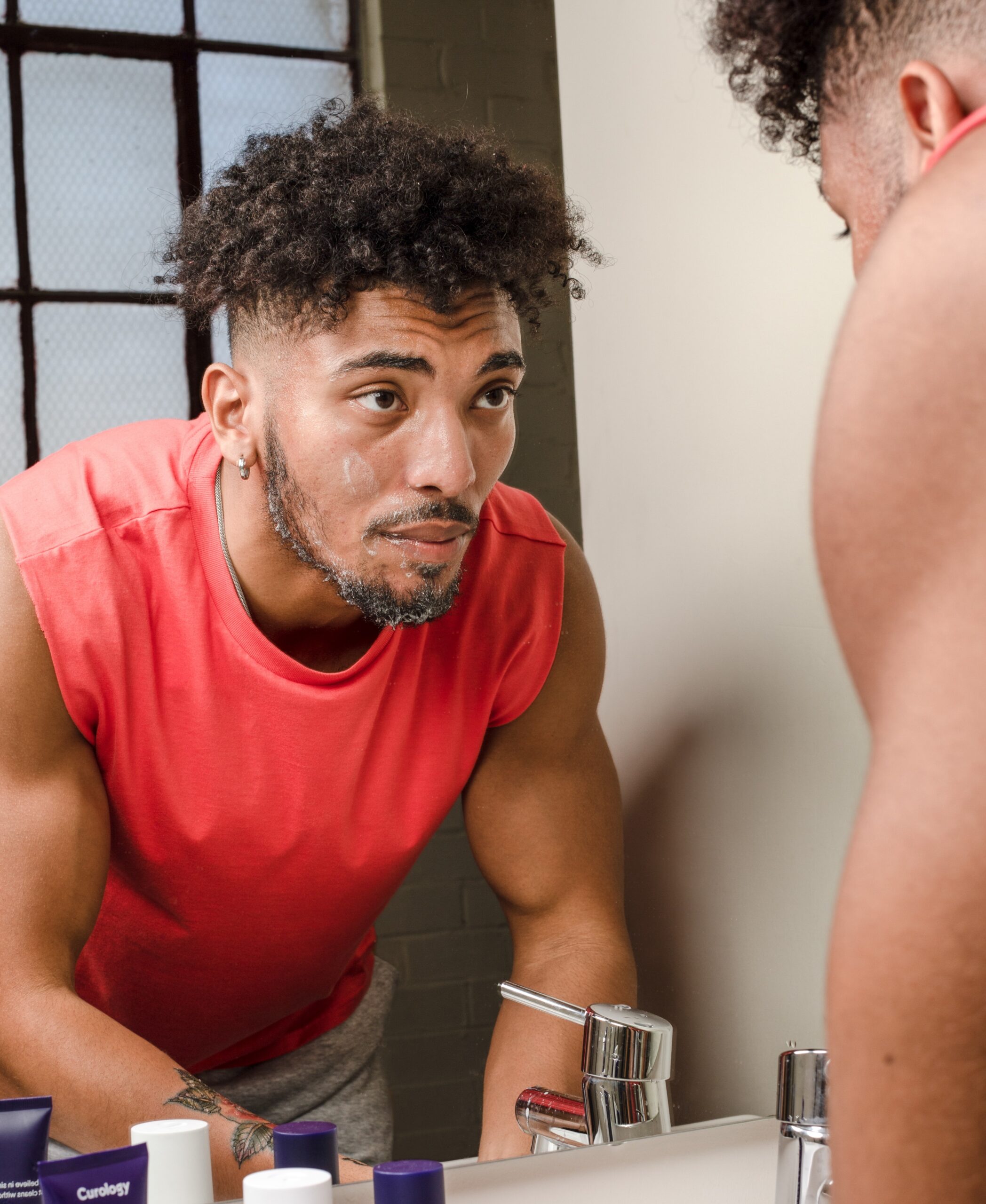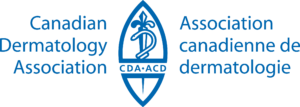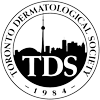
Here’s why you have acne.
Understanding your acne
If you struggle with acne, you know how deeply it can affect your confidence and your quality of life. Whether you have blackheads, whiteheads, cystic acne, or regular breakouts, you’re not alone in seeking a solution and wanting to understand the cause. We see many patients at our Toronto clinic at Dermatology on Bloor with acne concerns, and almost everyone wants to know why their acne persists so they can find a solution that really works.
Why do I have acne?
Acne is the result of four key issues in the skin: bacteria, clogged pores, excess oil, and inflammation. When your pores become clogged, whiteheads (closed comedones) or blackheads (open comedones) begin to form. The oil on your skin can feed bacteria and cause inflammation leading to papules or pustules (pimples), cysts or nodules. Catalysts for acne formation can include hormonal fluctuations, lifestyle choices, genetics and other factors.
Types of acne
Your skin is unique, and so is your acne. Here are some types of acne you might see on your face, neck, shoulders, chest, arms, and back:
- Blackheads: Pores or comedones that are open and look “black” because they’ve been exposed to the air.
- Whiteheads: Closed, clogged pores or comedones.
- Papules: Small, red bumps that feel tender.
- Pustules: Red bumps generally with pus or liquid in them.
- Nodular and Cystic Acne: Larger, painful, solid bumps or larger pus-filled bumps under the surface of the skin that are sensitive to touch and can become infected.
What makes my acne worse?
A number of factors can cause and exacerbate your acne symptoms, but here are a few to consider:
- Hormonal factors or changes. If you’ve noticed your acne worsening during puberty, menopause, or pregnancy, it’s likely that hormones play a role. Hormonal acne is often more severe and may require medication or other treatments to help treat infections below the skin’s surface.
- Medications. If you’ve recently started a new medication or are treating another health concern, ask your doctor about how your medication could be affecting your skin. Many people experience breakouts during Hormone Replacement Therapy (HRT), so if you’re transitioning, take a look at our blog to explore how HRT affects your skin and what you can do about it.
- Stress and diet. Certain foods that cause inflammation could have an impact on your acne, and staying hydrated can help calm your skin during a breakout. Although stress won’t cause acne, your body’s stress response in intense times could make your acne worse.
- Touching skin or holding your phone against your cheek. It’s a good idea to clean your phone, and to wash your hands regularly. Don’t poke, pick at, or pop pimples. If you regularly wear a hat or a shirt with a collar, make sure you wash it regularly.
Acne Myths
There are some popular myths about acne that simply aren’t true. One common misconception is that acne is caused by “dirty” skin. Overcleaning can actually strip your skin of its natural moisture barrier and throw off a healthy balance, exacerbating your acne symptoms. And while certain foods can cause inflammation and make your acne worse, chocolate and greasy foods won’t cause acne, and many people with healthy, nutritious diets experience acne.
Stay tuned for next month’s blog, where we’ll be exploring treatments and acne solutions that really work. If you’re looking for an acne solution,contact us to book a consultation or ask your doctor for a referral.




